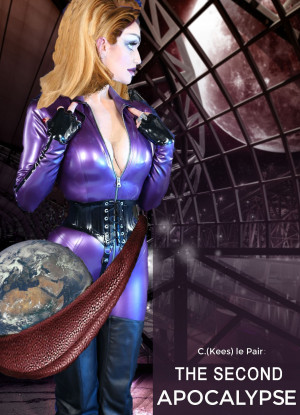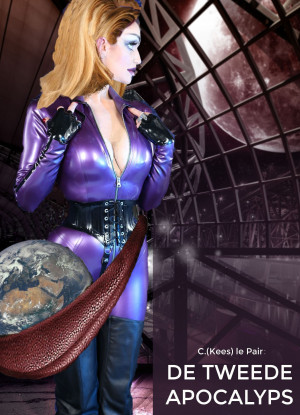Share with Friends
Interview with C.(Kees) le Pair
Published 2017-08-15.
Smashwords Interviews are created by the profiled author or publisher.
Books by This Author
The Second Apocalypse
by C.(Kees) le Pair
Price:
$9.99 USD.
Words: 115,490.
Language:
Commonwealth English.
Published: September 10, 2017
.
Categories:
Fiction » Science fiction » Apocalyptic
Fears of climate change disrupt human civilization. They leave it to their humanoid creation, the robots. They safeguard human civilisation. till... There is a message from outer space. It means danger, although the pretext is peaceful. What's needed is a super intellect. It exists. Elonki, bisexual and irresistible to either sex is considered to be the earth's saviour.
De Tweede Apocalyps
by C.(Kees) le Pair
Price:
$9.99 USD.
Words: 114,780.
Language:
Dutch.
Published: August 14, 2017
.
Categories:
Fiction » Science fiction » Apocalyptic, Fiction » Thriller & suspense » General
Angst voor CO2 is de oorzaak van een klimaatcatastrofe. Robots redden de menselijke beschaving. Bewoners van een exo-planeet dreigen roet in het eten te gooien. Elonki, een afgekeurde humanoïde met haar biseksuele aantrekkingskracht en haar scherpe verstand is in de ogen van de verteller de meest geschikte voor de rol van 'verlosser'. Ook haar vrienden en het centrale geheugen dachten er zo over


